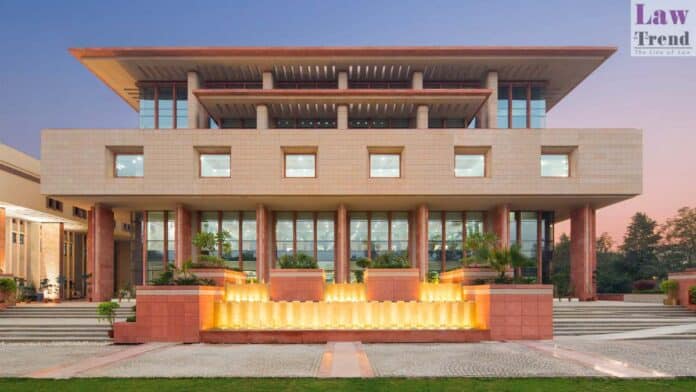The Delhi High Court has ordered a retrial in a 1984 anti-Sikh riots case concerning the killing of Harbhajan Singh in Ghaziabad’s Raj Nagar, warning that the absence of a fair investigation and trial “may result in a loss of hope in our legal system and compromise the interests of society.”
A bench of Justices Subramonium Prasad and Harish Vaidyanathan Shankar passed the order on August 11, taking suo motu cognisance to examine the correctness of the 1986 trial court verdict. The judges said they found prima facie faults in both the investigation and the earlier proceedings, which they described as having been conducted in a “hasty manner.”
The court observed that the trial court’s erroneous decision had caused a “miscarriage of justice” to the victim’s wife and children by depriving them of their fundamental right to a fair trial under Article 21 of the Constitution.
“A grave offence of murder and arson with communal overtones has neither been investigated properly nor tried in the right stead. If not rectified, it may result in a loss of hope in our legal system,” the bench remarked.
CBI’s Investigation Criticised
The High Court pulled up the Central Bureau of Investigation (CBI) for failing to make adequate efforts to collect evidence. It noted that key natural witnesses, including the victim’s children and neighbours who sheltered the family after the attack, were never examined. The probe also made no attempt to trace Harbhajan Singh’s body or recover stolen articles from the complainant’s house.
The incident occurred during the violence that erupted after the assassination of then Prime Minister Indira Gandhi. According to the prosecution, the victim’s wife alleged that a mob set her husband and their house on fire. However, in May 1986, the trial court acquitted all four accused, citing contradictions in her statements and delays in filing the complaint.
‘Exceptional Case’ Warranting Retrial
Despite more than 40 years having passed since the crime, the High Court said the case “undoubtedly falls within the category of an exceptional case” warranting the setting aside of the acquittal and ordering a retrial.
“The alternative would entail turning a Nelson’s eye to the needs of society and the rights of victims to a comprehensive free-and-fair investigation,” the bench said, directing the CBI to undertake further investigation on a best-effort basis.
The court also endorsed submissions by amicus curiae Vivek Sood, who noted that the scale of violence in 1984 had displaced survivors and made them harder to trace at the time. However, the judges said this did not absolve investigators of their duty to gather the best possible evidence using powers under the Criminal Procedure Code.
Concluding that both the investigating agency and the trial judge had failed in their duties, the High Court held that such lapses could not benefit the accused and must be remedied through a fresh trial.




